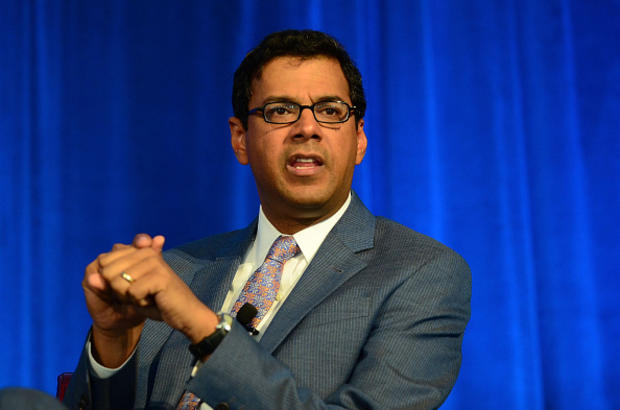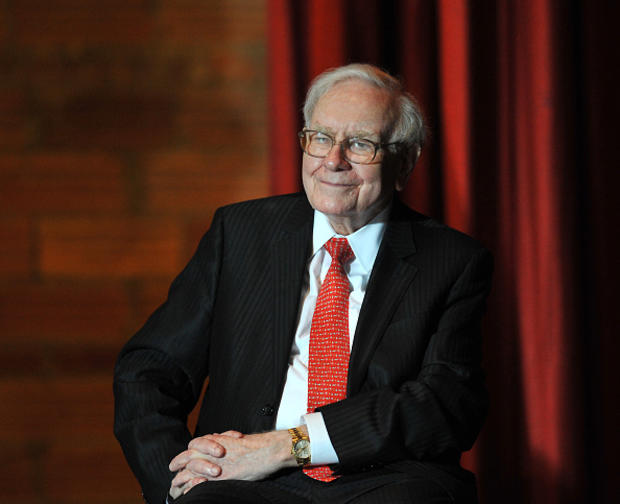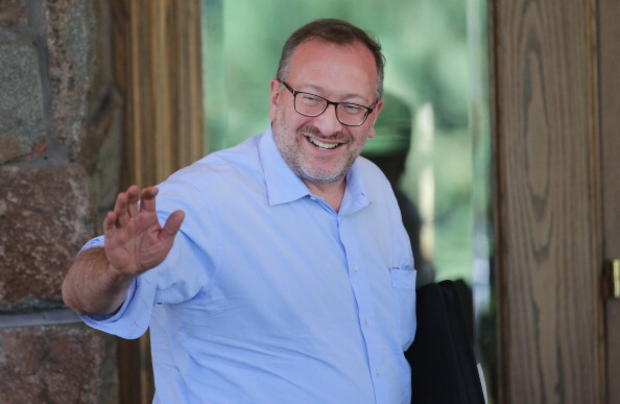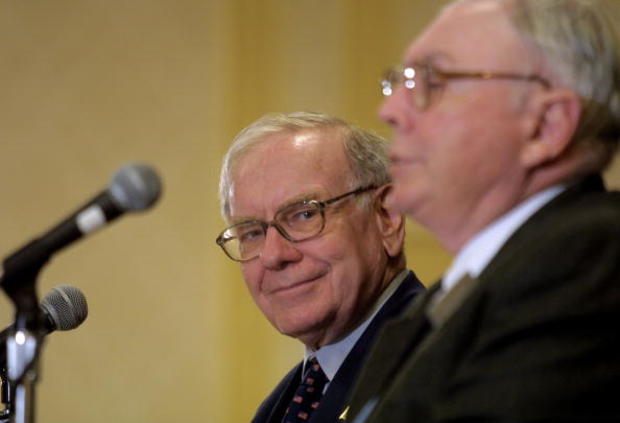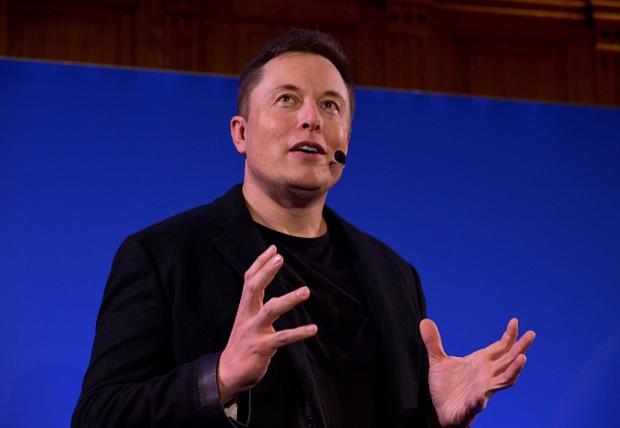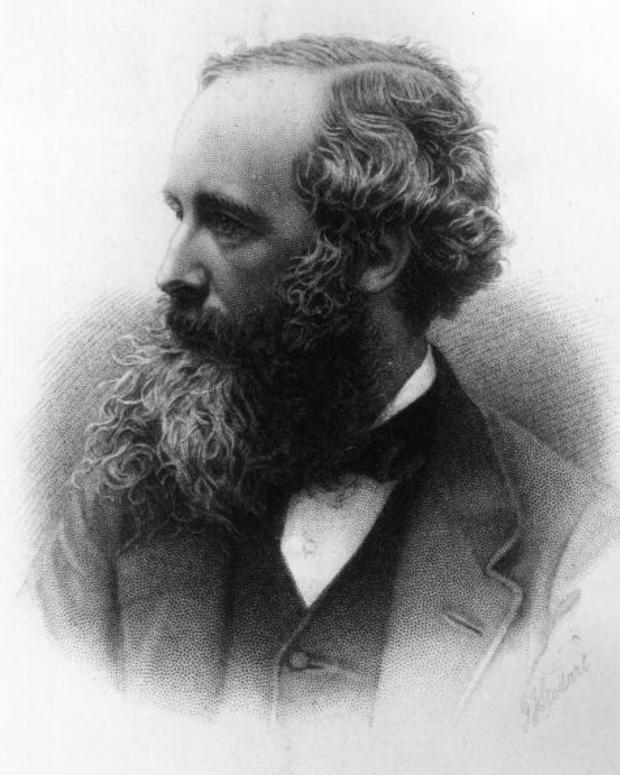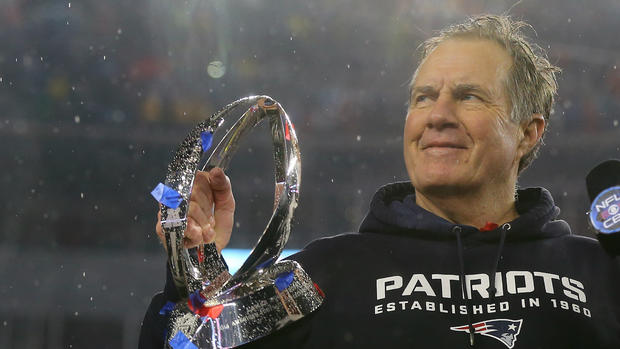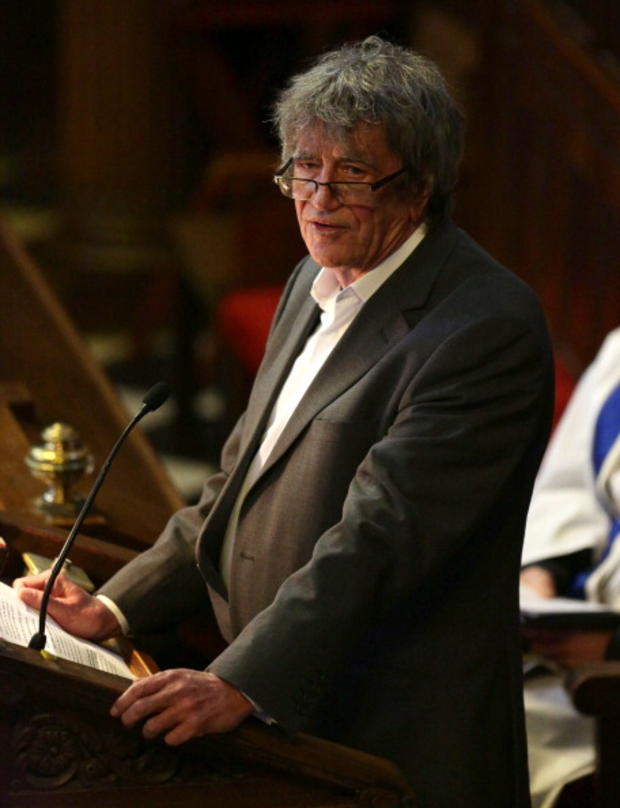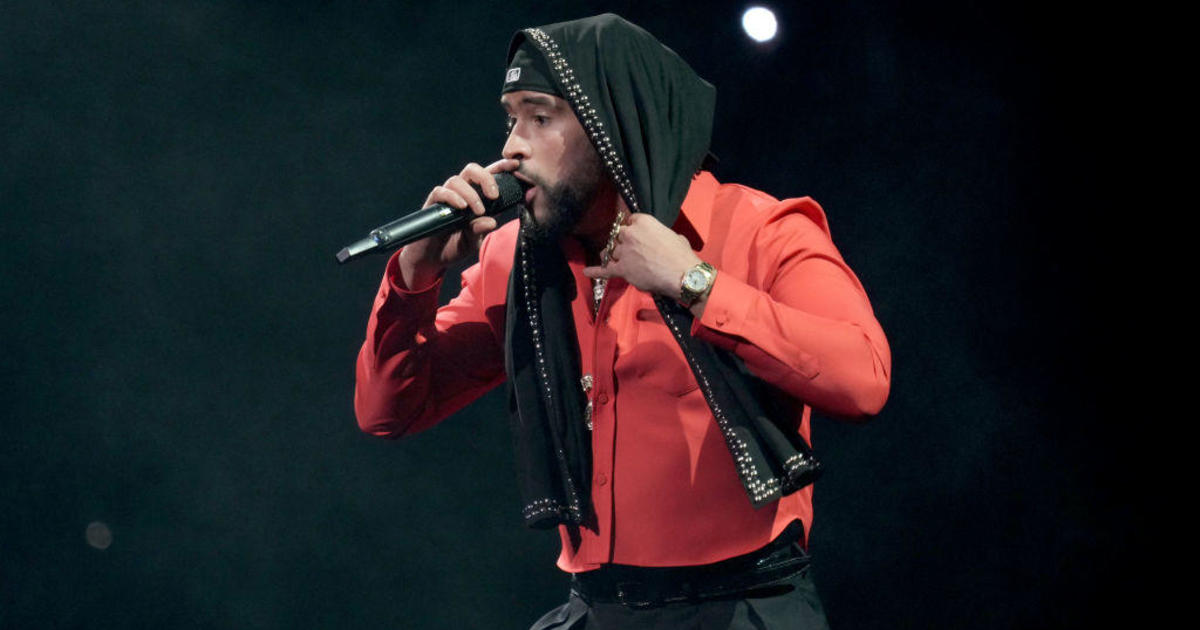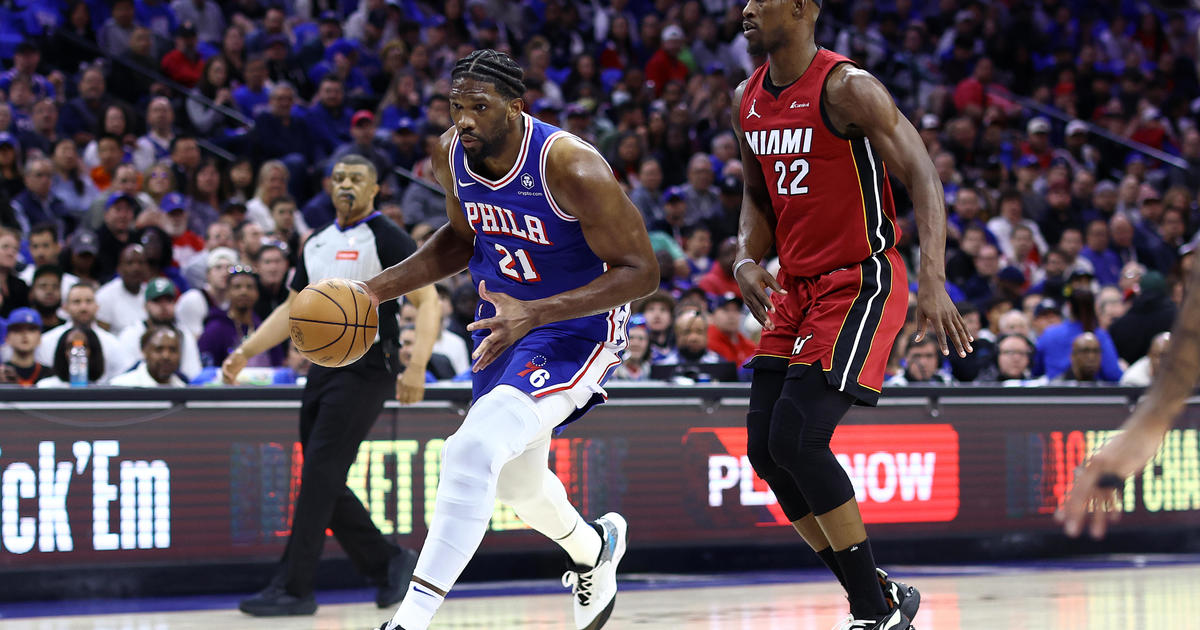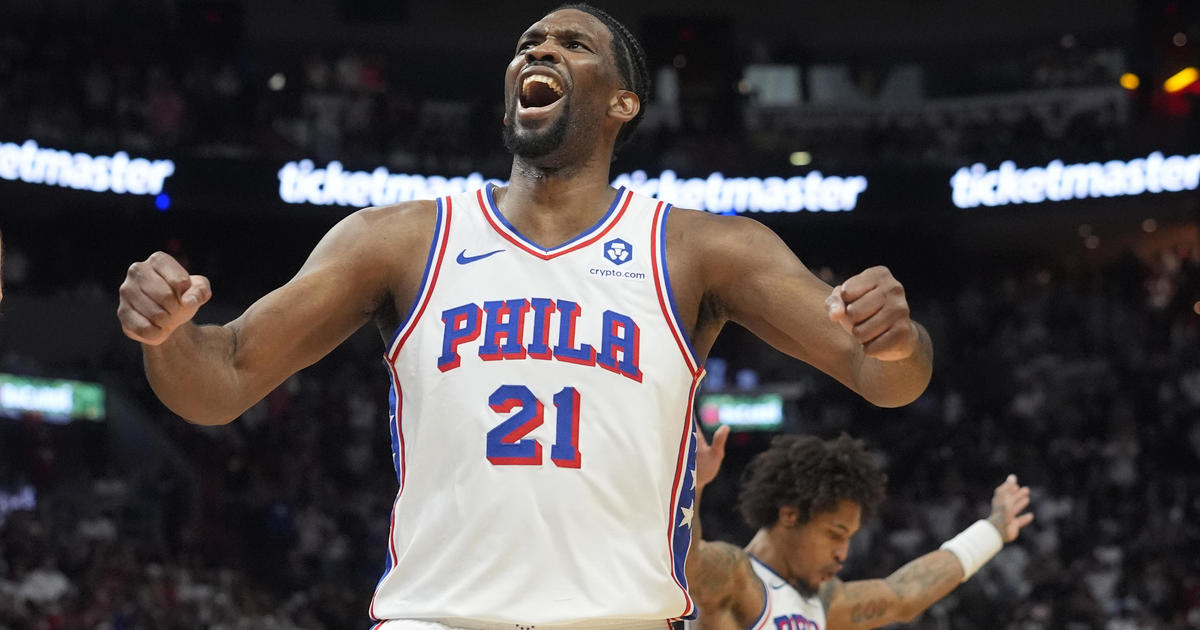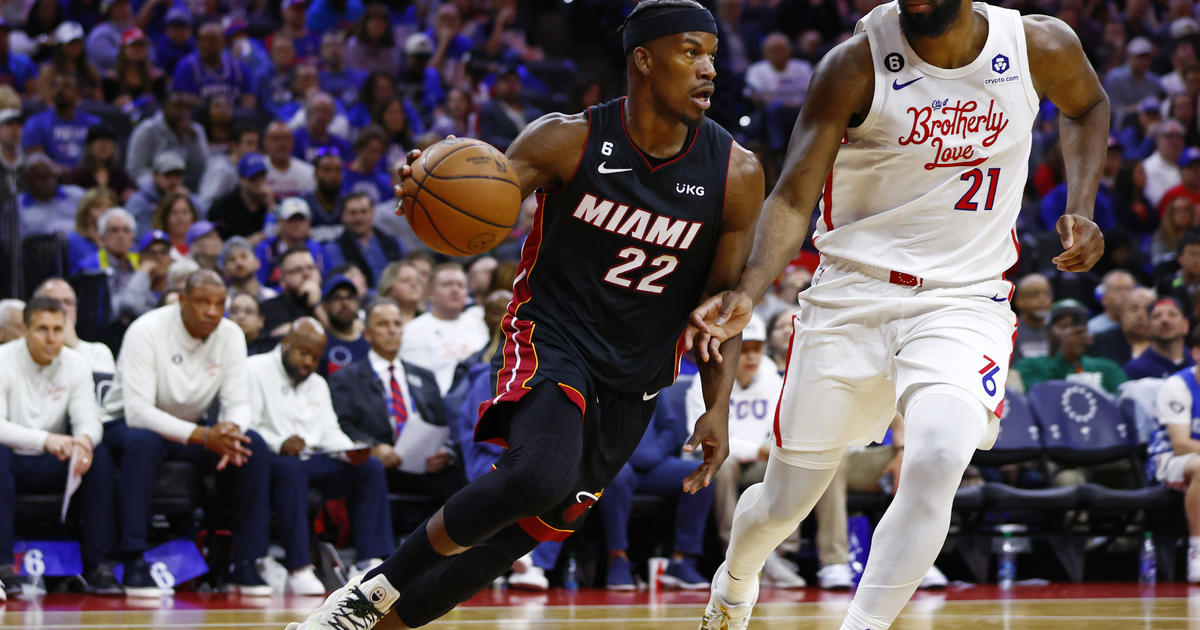The 14 Non-Basketball People Sam Hinkie Mentioned In His 13-Page Letter
PHILADELPHIA (CBS) -- Like Chip Kelly and the Eagles' ownership, Joshua Harris and the 76ers' brass was not willing to be patient with their young, innovative, analytical -- and maybe too intelligent -- leader.
With Jerry Colangelo now involved in his process, Sam Hinkie resigned as general manager of the Sixers.
He did so in the form of this fascinating 13-page letter, remarkably mentioning 14 successful non-basketball people. Here are those 14 people.
14. Atul Gawande
Gawande, 50, is a surgeon, writer, a public health researcher, and a professor in the Department of Health Policy and Management at the Harvard T.H. Chan School of Public Health.
Hinkie's reference:
"Atul Gawande, a Surgeon at Brigham and Women's Hospital in Boston, remains (from afar) one of my favorite reads. He laughs that reading scientific studies has long been a guilty pleasure. Reading investor letters has long been one of mine."
13. Warren Buffett
Buffett, 85, we know. He is the most successful investor in the world and was ranked the world's third wealthiest person in 2015.
Hinkie's reference:
"In May of 1969, a 38-year-old Warren Buffett sat down at a typewriter to inform his investors that he was closing his fund (then Buffett Partnership). His reason: market conditions were such that he no longer had the requisite confidence that he could make good decisions on behalf of the investors and deliver on his commitments to them. So he would stop investing on their behalf. For me, that's today."
12. Abraham Lincoln
The 16th President of the United States of America and leader of the Civil War.
11. Seth Klarman
Here's another not-as-popular name. Klarman, 58, is an American billionaire Hedge Fund Manager who went to Cornell and Harvard.
Hinkie's reference:
"I admire Seth Klarman a great deal. I am consistently impressed by his conviction and humility, a rare combination. About their approach at Baupost, he says, "it isn't the only way of thinking, but it's how we approach it."
10. Charlie Munger
He is vice chairman of Berkshire Hathaway, which is controlled by Warren Buffett.
Hinkie's reference:
"To begin, let's stand on the shoulders of Charlie Munger, a giant to me. He is a man that's been thinking about thinking longer than I've been alive. Let's start with him and his approach. His two-part technique is: 1. First, what are the factors that really govern the interests involved, rationally considered? 2. Second, what are the subconscious influences where the brain at a subconscious level is automatically doing these things—which by and large are useful, but which often malfunctions?"
9. Elon Musk
Musk is the CEO and CTO of SpaceX. His estimated net worth is $13.5 billion, putting him as the 75th wealthiest person in the United States.
Hinkie's reference:
"Tesla's Elon Musk describes his everyday stance as, 'You should take the approach that you're wrong. Your goal is to be less wrong.'"
8. James Clerk Maxwell
This guy was born in 1831 and died in 1879. He's a scientist, on the same level as Albert Einstein.
Hinkie's reference:
"The physicist James Clerk Maxwell described it as a 'thoroughly conscious ignorance—the prelude to every real advance in science.'"
7. Bill James
James, 66, is a baseball sabermetrics guy, who has written more than 24 baseball books.
Hinkie's reference:
"Bill James of the Boston Red Sox (and, I might add, a Kansas basketball expert) added a little flair when asked whether the learnings available via examining evidence were exhausted: 'we've only taken a bucket of knowledge from a sea of ignorance.'"
6. Bill Belichick
It even took Belichick six years before he became a Super Bowl champion head coach.
Hinkie's reference:
"Write in your own words what you think will happen and why before a decision. Refer back to it later. See if you were right, and for the right reasons (think Bill Belichick's famous 4th down decision against Indianapolis in 2009 which summarizes to: good decision, didn't work). Reading your own past reasoning in your own words in your own handwriting time after time causes the tides of humility to gather at your feet."
5. Howard Marks
Drug smuggler turned author, who has an extremely eventful life.
Hinkie's reference:
"Howard Marks describes this as a necessary condition of great performance: you have to be nonconsensus and right. Both. That means you have to find some way to have a differentiated viewpoint from the masses. And it needs to be right. Anything less won't work."
4. Amos Tversky
Really smart psychologist who studied at Stanford and Michigan. He passed away in 1996.
Hinkie's reference:
"Amos Tversky saying, 'In dealing with probabilities…most people only have three settings: 'gonna happen,' 'not gonna happen,' and 'maybe'."
3. Tim Urban
Another smart psychologist.
Hinkie's reference:
"So if we want to think like a scientist more often in life, those are the three key objectives—to be humbler about what we know, more confident about what's possible, and less afraid of things that don't matter." That's from Tim Urban, who will soon be recognized as one of tomorrow's polymaths (like many of you, he lives in New York—I'd recommend meeting him for coffee sometime).
2. Lee Sedol
The fifth youngest to become a professional Go player in South Korean history and ranks second in international titles.
Hinkie's reference:
"Watch what's happening with the collaboration between IBM's Watson and M.D. Anderson or Google DeepMind's AlphaGo. It won't be just an ancient board game that's disrupted. It's also anything but a game to Lee Sedol."
1. Max Planck
Planck died in 1947. He was a famous German physicist involved in shaping quantum theory.
Hinkie's reference:
"Nobel Prize winning physicist Max Planck got right to it: "A new scientific truth does not triumph by convincing its opponents and making them see the light, but rather because its opponents eventually die." That sounds harsh, more harsh than anything I would ever say. But think about it in your context as an equity partner in the Sixers. Every April you will watch 16 of the 30 teams—the last time that exact configuration of players and coaches will ever be together—"die" as their season ends. Within a few weeks, another seven go fishing. By early June, 29 of the 30 opponents are forced to see the light of the competition's greatness as only one raises the Larry O'Brien trophy."
